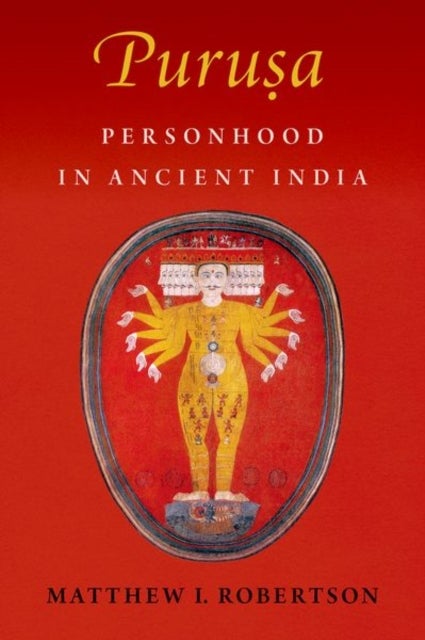
Puru^D.sa av Matthew I. (Lecturer Department of History Lecturer Department of History Murray State University) Robertson
929,-
The concept of Puru?a, or Personhood, is central to the ancient Indic worldview. From the original cosmos-sized Person of the Rgveda''s famous Puru?a-sukta, to the supreme, transcendent being of post-Vedic traditions, to the mere mortal human being, the nature of the Person and its relation to the world has long inspired the Indian religious imagination. In spite of this, little sustained scholarly attention has been paid to theprecise meanings of Puru?a or its historical transformations within and across traditions. In Puru?a: Personhood in Ancient India Mathew I. Robertson fills this gap by tracing the history of Indic thinking about puru?as through an extensive analysis of the major texts and traditions¿religious, political, and medical¿of ancient India. Through clear explanations of classic Sanskrit texts and the idioms of Indic traditions, Robertson shows how the concept of Puru?a stretches far beyond individualism. Rather, persons are deeply confluent with the world: personhood i








